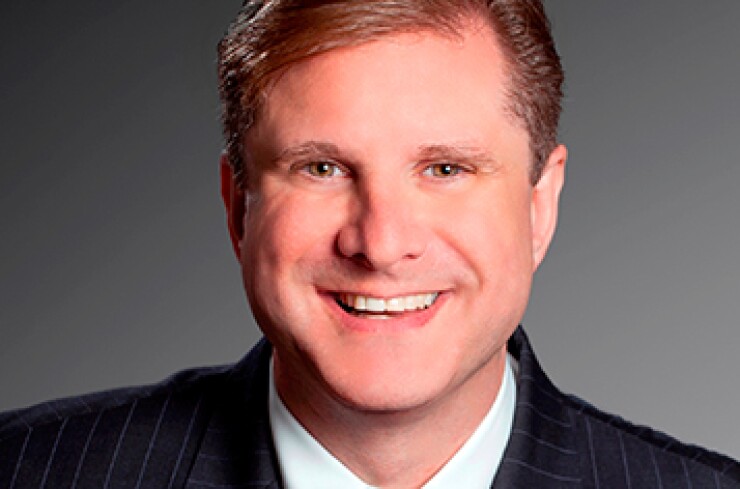
LOS ANGELES — The Los Angeles Department of Water and Power's board approved rate increases as the City Council contemplates making governance changes to the department based on a consultants' recommendations.
LADWP's board approved a 3.86% average annual power rate increase on Tuesday that is expected to generate about $720 million over the next five years. That increase follows a water rate hike passed by the board a month ago.
The City Council is expected to vote on the proposed rate hikes in mid-February.
Los Angeles Controller Ron Galperin advocated for LADWP governance reforms at the City Council's Energy and Environment Committee hearing Wednesday as he presented the findings of a
He said discussions about organizational changes aren't expected to hamper the utility's ability to raise rates.
Los Angeles Mayor Eric Garcetti voiced support for the rate increases on Monday.
"Last month, I declared my support for LADWP's water rate increase. But water is only half the equation," Garcetti said. "Today, I'm announcing my support for the proposed DWP power rate increase, which is critical to modernizing our aging electricity grid and bringing our power system into the 21st century."
The rate increase "does not mean we let up on our efforts to reform the DWP," the mayor said.
Both the controller and mayor ran on platforms of fixing long-standing problems at the utility, which included complaints about the department's lack of transparency and high turnover in the general manager position.
The Navigant Consulting report said the utility's organizational structure inhibits it from achieving optimal performance and recommended changes.
"On balance, this report shows us a department that delivers water and power dependably to the people of Los Angeles," Galperin said. "However, insufficient accountability, lack of transparency, and politicization jeopardize the department's ability to meet the challenges of the future."
A consistent complaint in more than 70 interviews conducted with LADWP managers, city officials and other stakeholders was that the department's governance hampers it in contracting, nimbleness and the ability to make decisions, Galperin said.
The process at DWP makes contracting very lengthy and expensive and the hiring system is outdated and antiquated, Galperin said.
The consultants wrote that the DWP is handicapped because "there is no single outside entity or coordinated group to set policy, provide specific goals and metrics, monitor performance, and hold LADWP accountable."
Changes in governance may not solve all of the department's problems, but the organizational and management challenges are impediments that need to be resolved, the Controller said.
The study looked at how public utilities in other cities operate. In Seattle, the City Council governs the utility. In San Francisco, the utility's board is appointed, as it is in Los Angeles, but has more power.
The report recommended that Los Angeles consider having an elected, rather than appointed board; and said the ratepayer advocate, a position created in 2010, isn't independent enough.
Galperin said the report wasn't a criticism of current General Manager Marcie Edwards, but of the system she and other general managers have to navigate to get anything accomplished.
"The current management has to deal with an awful lot of layers," Galper said. "In other governance systems, the managers are more empowered. We need to look at how to empower the management of DWP to do what it needs to do."
"Our imperative is both to increase accountability and allow the utility to operate more nimbly and effectively," he said.





